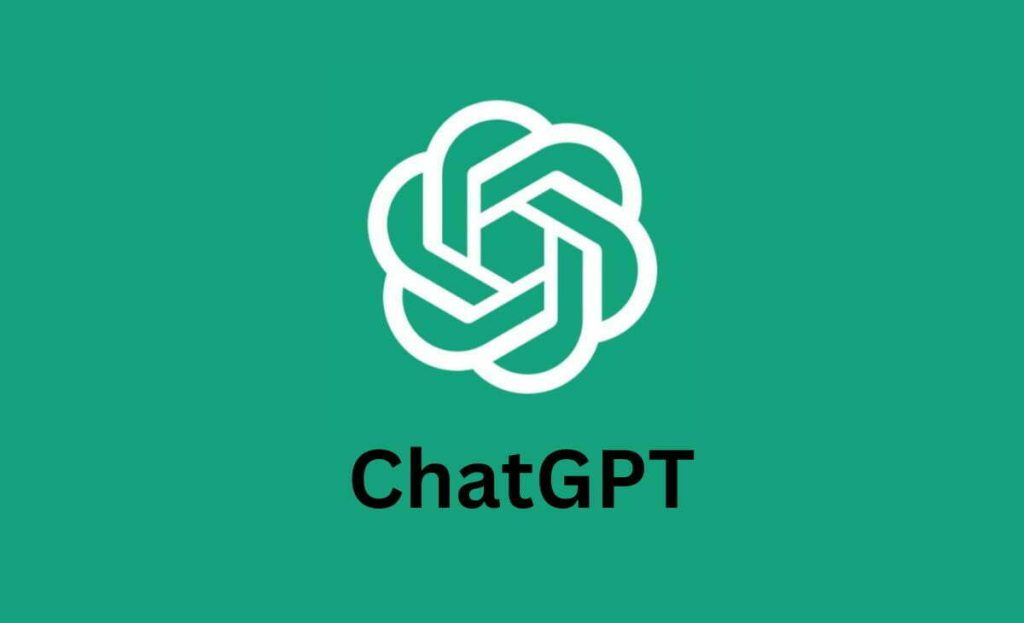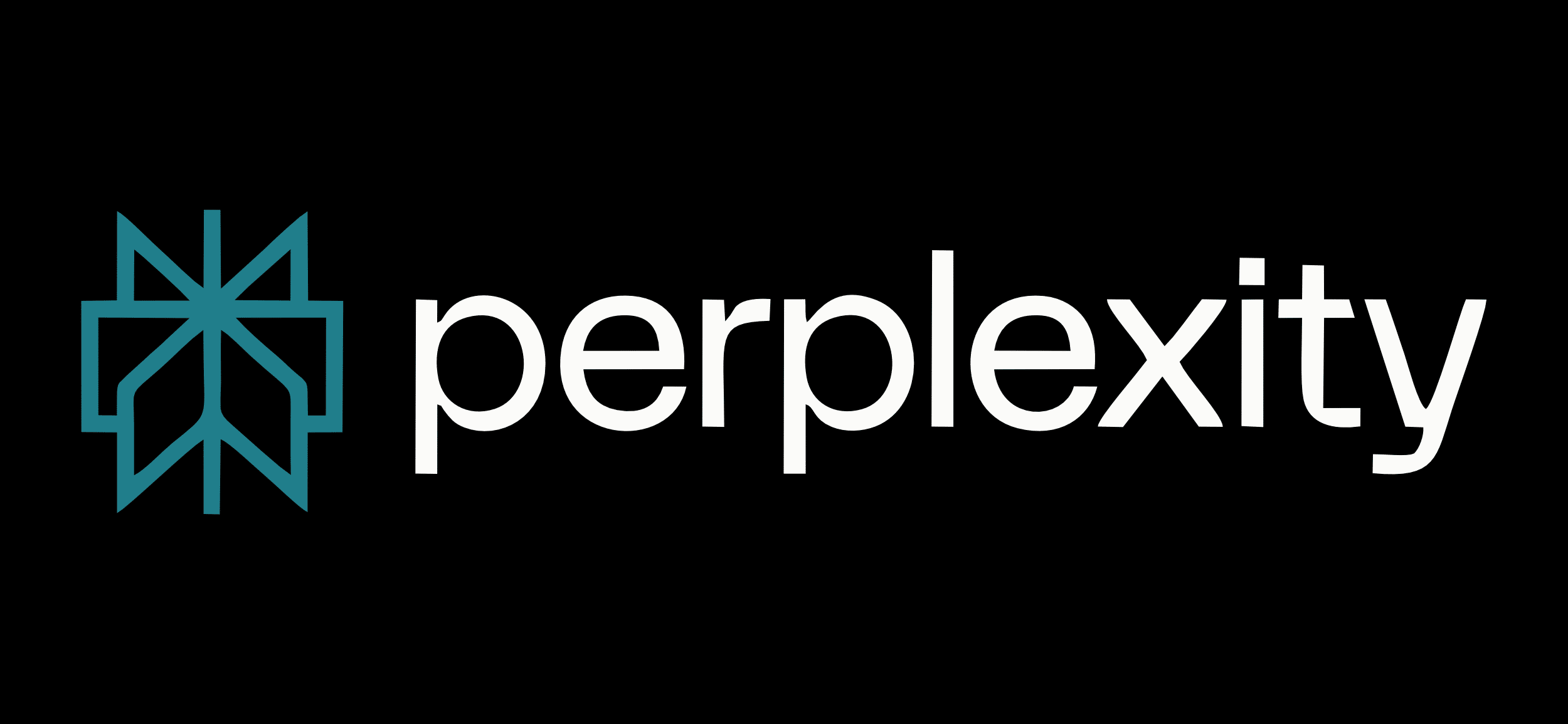Recent debates on AI’s environmental impact have overwhelmingly focused on energy use, particularly in powering massive data centres and training large language models.
However, a Forbes analysis by Saleem H. Ali warns that the material inputs for AI, such as phosphorus, copper, lithium, rare earths, and uranium, are being neglected, despite presenting similarly severe constraints to scaling and sustainability.
While major companies like Google and Blackstone invest heavily in data centre construction and hydroelectric power in places like Pennsylvania, these energy-focused solutions do not address looming material bottlenecks.
Many raw minerals essential for AI hardware are finite, regionally concentrated, and environmentally taxing to extract. However, this raises risks ranging from supply chain fragility to ecological damage and geopolitical tension.
Experts now say that sustainable AI development demands a dual focus, not only on low-carbon energy, but on keeping critical mineral supply chains resilient.
Without a coordinated approach, AI growth may stall or drive unsustainable resource extraction with long-term global consequences.
Would you like to learn more about AI, tech and digital diplomacy? If so, ask our Diplo chatbot!










